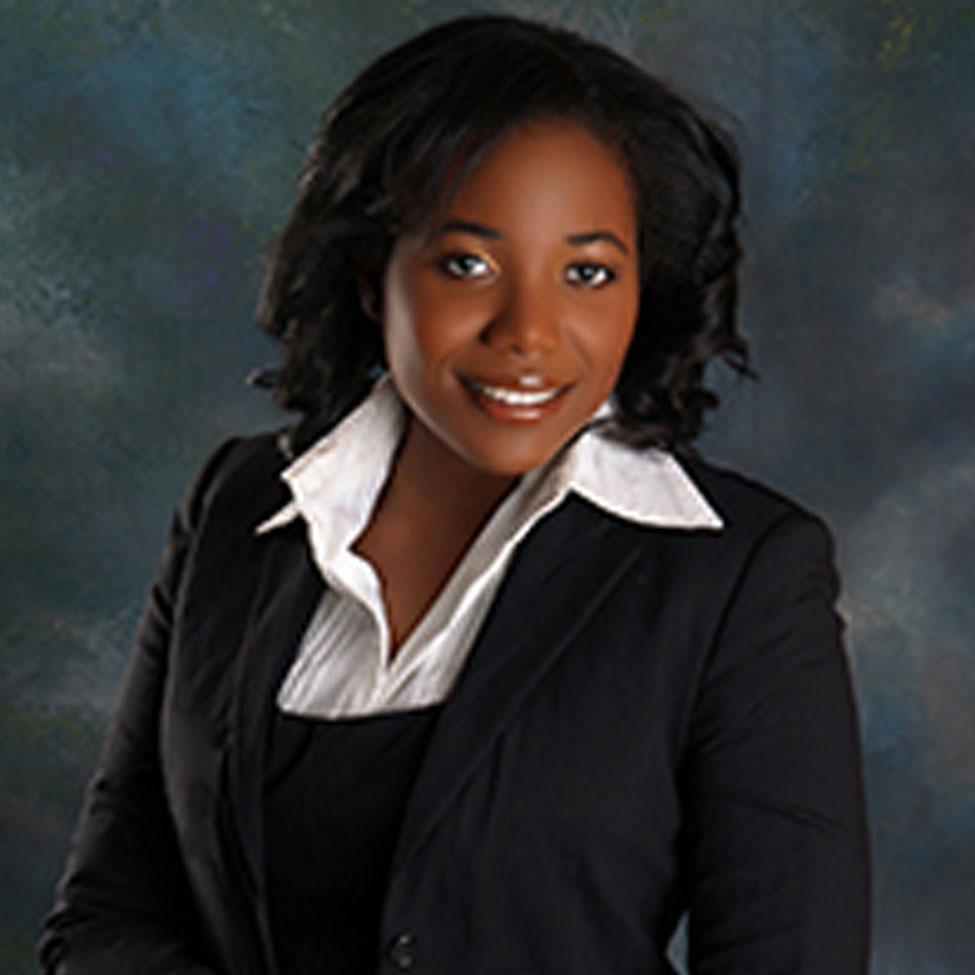
What can you do with a health science degree?
A Bachelor of Science degree in Health Science connects you to a variety of in-demand careers including physician assistant, nurse, health advocate, and so many others! The healthcare field is growing, providing a variety of opportunities for students to pursue fulfilling career paths that make a difference in people’s lives.
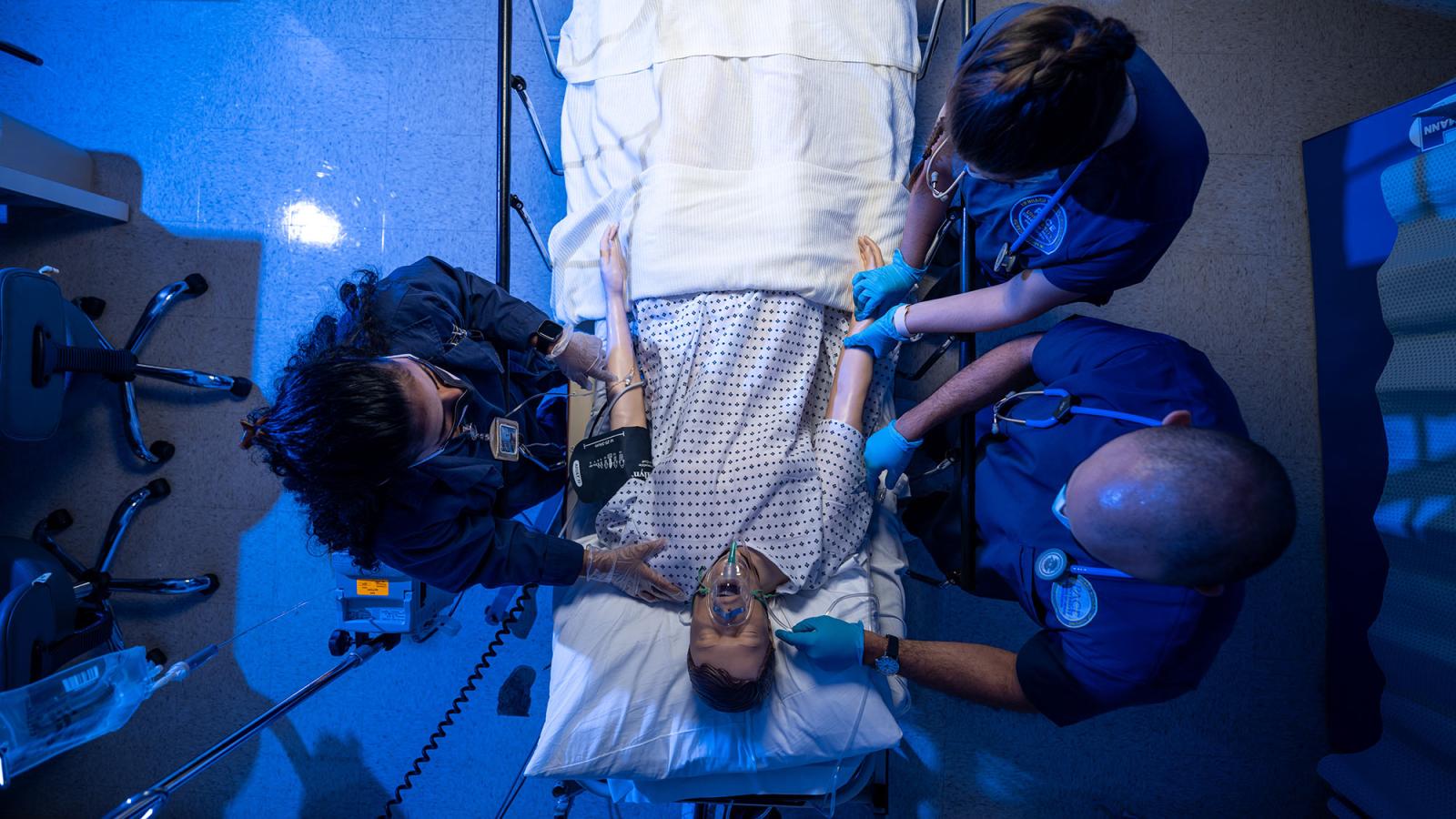
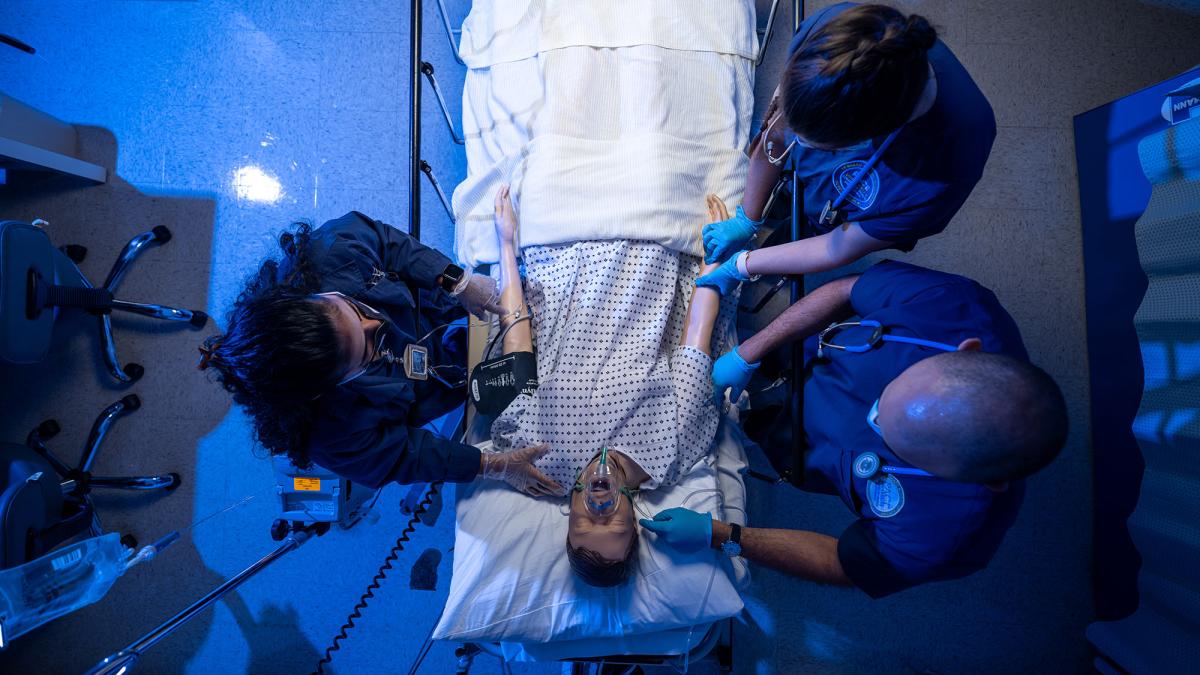
A Bachelor of Science degree in Health Science connects you to a variety of in-demand careers including physician assistant, nurse, health advocate, and so many others! The healthcare field is growing, providing a variety of opportunities for students to pursue fulfilling career paths that make a difference in people’s lives.
Majoring in health science is also a good option for students interested in healthcare but are unsure of the exact path they wish to take after completing their bachelor’s degree. A health science degree can guide your career exploration and even offer the opportunity for first-hand healthcare experience through an internship. After majoring in health science, students pursue graduate education to prepare for a specific clinical role or jump right into an entry-level position in healthcare.
What is a health science major?
By majoring in health science, you experience innovative coursework in the natural sciences and social sciences alongside courses providing foundational knowledge on healthcare systems. Compared to other common pre-health majors, studying health science offers the comprehensive mix of prerequisite courses you need to pursue further training in the healthcare field as well as pursue an entry-level role, jumping into their careers connected to health science.
In addition, health science programs provide connections to internships, extracurriculars, and potential opportunities to conduct research projects, incorporating career exploration and student leadership directly into your undergraduate experience. Majoring in health science can also provide unique access to simulation laboratories and shadowing clinical settings that add value to your health science coursework and expand your mindset as a future healthcare professional.
Careers Related to Health Science
A health science major offers career-ready coursework to join the healthcare field. The diverse health science career cluster encompasses a variety of medical and allied health jobs that include physician assistant, nurse, public health educator, dietician/nutritionist, occupational therapists, and physical therapists. To pursue one of these clinical careers, most students will continue their education and training after their bachelor’s degree.
In addition, majoring in health science can lead to many fulfilling non-clinical roles like researcher, public health educator, or health policy advocate. The interdisciplinary combination of courses builds students’ background knowledge of the healthcare system, which is crucial in these healthcare administration careers.
According to the U.S. Bureau of Labor Statistics, healthcare occupations are predicted to grow 15% from 2019 through 2029, adding over 2 million jobs. In fact, healthcare is projected to be the top industry adding jobs to the economy. A Bachelor of Science in Health Science paired with this monumental growth in the healthcare sector opens the door for a variety of careers.
Majoring in Health Science at Pace University
At Pace University, the Health Science major can be customized to your career aspirations in healthcare. As you pursue the Bachelor of Science in Health Science, you select a track as a Generalist, Pre-Physician Assistant, or Pre-Nursing.
Within those tracks, you are able to select a concentration in Global Health or Health Policy and Advocacy in the Pre-Physician Assistant preparation track. Students in the Generalist and Pre-Nursing tracks are able to select both concentrations if they so choose.
Health Science Career Preparation
At Pace, pursuing a health science major connects you to exciting opportunities on campus and throughout the New York metropolitan area. All Health Science students complete an internship experience in their senior year that links them to their future career interests.
At Pace’s Pleasantville campus, students majoring in Health Science enjoy the benefits of the health science hub including a simulation lab. These newly renovated spaces offer students state-of-the-art career preparation.
Learn more about what you can do with a health science degree!
At Pace University, a Bachelor of Science in Health Science prepares you to enter the innovative and growing field of healthcare in an administrative role and to pursue more graduate education for clinical roles. Majoring in Health Science offers students a practical curriculum that also stimulates critical thinking and inspires evidence-based practice for years to come.
Request information today to learn more about Pace’s Health Science major!
What can you do with a Computer Science degree?
Learn more about what you can do with a Computer Science major to connect to in-demand careers!


With a Bachelor’s degree in Computer Science, you can enter many different fields in a wide variety of industries. Majoring in Computer Science can lead you to a range of career paths depending on your interests, the coursework you take, and your internship experience. Know that you can do so many things with a Computer Science degree! It is a very adaptable degree that is in high demand.
What do you learn as a Computer Science major?
Majoring in Computer Science unlocks your future opportunities by building your foundational knowledge in computer science and creating career-building projects that demonstrate your practical abilities. Typically, a Computer Science major covers the mathematical foundations of algorithms, incorporates calculus and programming languages, and explores larger questions about data science and cybersecurity. From hardware to computer networks, a Bachelor’s degree in Computer Science introduces you to the concepts and skills that will support technology and computer science careers for years to come.
Careers in Computer Science
Computer Science graduates pursue careers across many industries, which is one of the key benefits of a computer science major. Graduates who can demonstrate their mastery of coding languages and theoretical knowledge through a portfolio, a variety of coursework, and relevant work experiences will be well-prepared for their future careers in computer science.
Many students imagine that majoring in Computer Science only leads to programming careers. In fact, the adaptability of a Computer Science major can lead you into the fields of business, healthcare, government, security, finance, tech, and many others. As the digital economy innovates and grows, there will always be a need for workers with computing expertise, especially in the ever changing areas of cybersecurity, cloud computing, artificial intelligence, and data science.
What can you do with a Computer Science degree? Join any industry that needs someone to innovate through computing and algorithms!
Computer Science Demand and Job Outlook
Beyond the technology sector, the demand for career-ready computer science training is strong in many different fields like healthcare, the military, finance, and business. According to the U.S. Bureau of Labor Statistics, computer and information technology occupations are projected to grow 11% from 2019 to 2029. This rapid growth will likely add over 530,000 new jobs across the United States. With the continued demand for computing knowledge and expertise, majoring in Computer Science is an excellent investment in your future.
What jobs can you get with a Computer Science degree?
Whether you are writing code, analyzing data, or creating websites, your Computer Science degree serves you well in a variety of jobs. According to the Occupational Outlook Handbook, common job roles for Computer Science majors include:
- Network Architects
- Programmers
- Systems Analysts and Administrators
- Database Administrators
- Computer and Information Research Scientists
- Security Analysts
- Web Developers
- UX Digital Designers.
Majoring in Computer Science at Pace University
At Pace University, both undergraduate Computer Science programs are STEM-designated, signifying their academic rigor and allowing international students to pursue Optional Practical Training (OPT) after graduation.
The Bachelor of Arts in Computer Science features more streamlined major requirements to facilitate students having a relevant minor or concentration. Popular choices for a minor include Information Technology, Information Assurance for the Criminal Justice System (cybersecurity), Digital Design, Economics, and Business. By combining their study of computer science with another subject area, students can further explore their career interests.
In comparison, majoring in Computer Science to earn a Bachelor of Science in Computer Science degree offers an intense exploration of the field with advanced courses related to software and databases. The Bachelor of Science program is accredited by the Computing Accreditation Commission of ABET, Inc highlighting our commitment to high-quality education leading to in-demand computer science careers.
Computer Science Internships in New York City
Pace students can pursue a career-focused Computer Science major on both the New York City or Westchester, NY campuses. The NYC campus provides streamlined access to professional opportunities.
At the Westchester campus in Pleasantville, NY, you can enjoy campus life on a newly renovated suburban campus and are connected to the Metro North rail system that takes students to Manhattan in 45 minutes. In addition, Westchester, New York has many opportunities of its own, with an emerging start-up scene and multiple headquarters for Fortune 500 companies.
Learn more about what you can do with a Computer Science degree!
At Pace University, our Computer Science Bachelor’s degrees prepares you to do so many technology-related jobs in software development, information security, and computing. Whether you join us in Westchester or NYC, our program provides a career-ready undergraduate education that translates your goals into a successful computer science career. For students looking to continue their education, Pace offers a range of in-person or online master degree programs, including an online Master of Science in Computer Science degree.
To learn more about Pace University, request information today!
Report: Police ‘Coverup of a Coverup’ in 2011 Cabbie Shooting
It was Pace University law professor Bennett Gershman who said, “It’s a cover-up of a cover-up,” adding ““They don’t want the truth to come out, because if the truth comes out, it’s very embarrassing. And maybe even worse, it’s criminal.”
9 cooking mistakes that could be making your food toxic
While raw or undercooked meat can pose health hazards, so can overcooked or charred meats. “Cooking meats above 150°C, which usually results from grilling or pan frying, can form compounds called HCAs (heterocyclic amines) and PAHs (polycyclic aromatic hydrocarbons), that may be harmful to human DNA,” warns dietitian and assistant professor of the Nutrition and Dietetics Program at the College of Health Professions at Pace University, Christen Cupples Cooper. “Some research suggests that when metabolised, these compounds may activate enzymes linked to cancer risk.” While the research is limited, Cooper believes there’s enough evidence to recommend reducing your exposure to these chemical compounds. “Avoid cooking foods for any length of time over an open flame or hot metal surface, turn meat frequently during cooking, and cut away charred portions of meat,” she says.
Ask the Faculty: Black History Month
In celebration of Black History Month, we asked Dyson professors, whose specialties or areas of interest include Black or African American history, art, or culture, to share their thoughts on poignant moments, figures, and initiatives.
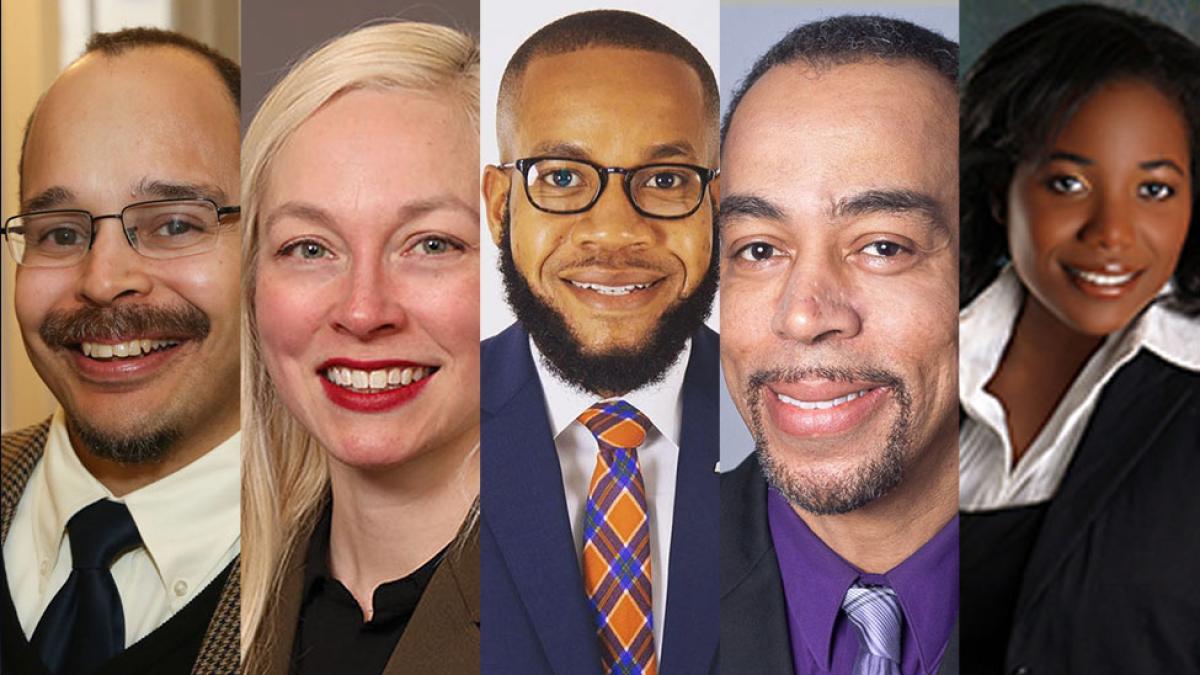
In celebration of Black History Month, we asked Dyson professors, whose specialties or areas of interest include Black or African American history, art, or culture, to share their thoughts on poignant moments, figures, and initiatives.
Tiffany Henley, PhD

Assistant Professor of Public Administration
What improvements would you like to see in public policy as we continue to battle COVID-19?
COVID-19 has shed a light on existing health and social inequities among people of color, veterans, low-income earners, people with disabilities, and adults older than 65. We can achieve health equity through public policy by focusing on the social determinants of health. More specifically, we can move toward a more equitable society by allocating resources to established programs to train low-wage earners in high demand careers, expanding Medicaid in states that have not adopted Medicaid expansion, addressing barriers to health care services related to cost, access, and quality of care, investing in mental health services through benefits and infrastructure, creating opportunities for affordable housing and home ownership, and eliminating systemic racism and discrimination.
Kiku Huckle, PhD
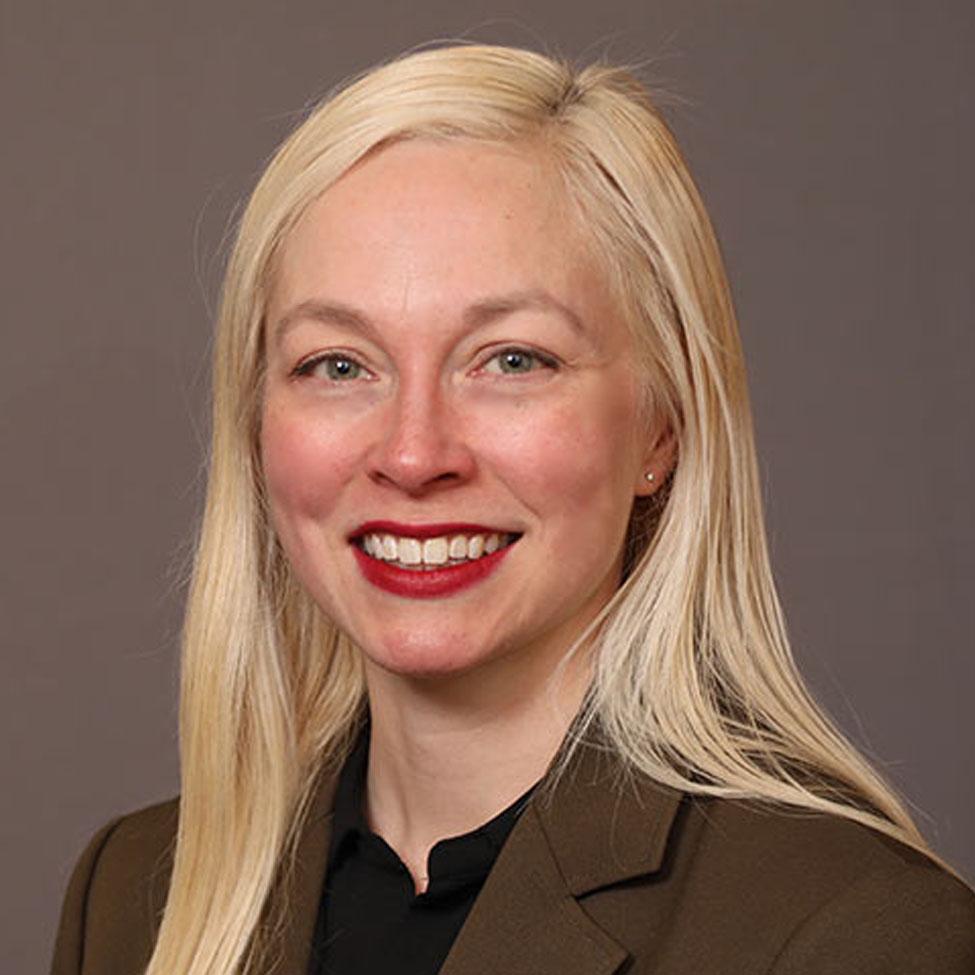
Assistant Professor of Political Science
Co-founder of the Black Excellence Initiative
Why is it important to celebrate Black excellence?
There are many reasons to celebrate Black excellence. From a practical perspective, such recognition benefits us, as a society. This country has long ignored the brilliance, inventiveness, and significant contributions of Black individuals, thereby minimizing their potential for positive impact. By making a concerted effort to course correct this blind spot, we are better positioned to learn from and advance the progress begun by these individuals. From a normative perspective, the honoring of Black excellence is a positive way to counter problems that result from implicit bias and racism. This does not negate the need for policy responses to problems such as police brutality, housing discrimination, and disparities in healthcare and education. Instead, it acknowledges that the root cause of these issues can be attributed to the systemic denial of Black humanity. The celebration of Black Excellence challenges that narrative and creates space for a joyful recognition of Black accomplishment.
S. Brian Jones

Assistant Dean of Diversity and Equity in the Arts
Tell us about an artist who inspired your activism.
“Good, better, best, never let them rest, until your good is better, and your better is your best!”
It is on the shoulders of my ancestors, who are a part of history both Black and American, I stand in my new role as Assistant Dean of Diversity and Equity in the Arts here at Dyson. First, I want to acknowledge, my great-great-great-great grandmother, Mrs. Jane Morris Chester, who was a slave and ran to her freedom at the age of 30 years old. In turn, she became an abolitionist, contributed to the Underground Railroad, was a well-respected restaurant owner in Harrisburg, Pennsylvania, and became known to the world not only for her world-famous taffy, but for her son, my great-great-great uncle, T. Morris Chester, a soldier in the civil war, who went on to be the first African-American in history to write as a correspondent for a major American newspaper, The Philadelphia Press. And, my great aunt, Leona K. Baylor, also a direct descendant of Jane Chester, was a respected educator in the City of Philadelphia. She and Dr. Martin Luther King Jr. talked about civil rights on his only visit to Philadelphia as seen in the photo below.
I write and activate my art through activism because it is in my blood! American history is Black history!
Durahn Taylor, PhD

Associate Professor of History
What do you think has been the most defining moment in US history for Black Americans?
The defining moment was when the decision was made, during colonial times, to adopt African slavery as a labor force for producing agricultural goods, such as tobacco and later cotton. Despite emancipation and the later civil rights laws, we have been grappling with the legacy of this colonial decision ever since, because it supported two notions: the racist notion that people of African descent were somehow less deserving of basic human rights, and the notion that economic profit was more important than human lives. The struggle against those notions has shaped the Black American experience up to this day.
Melvin Williams, PhD
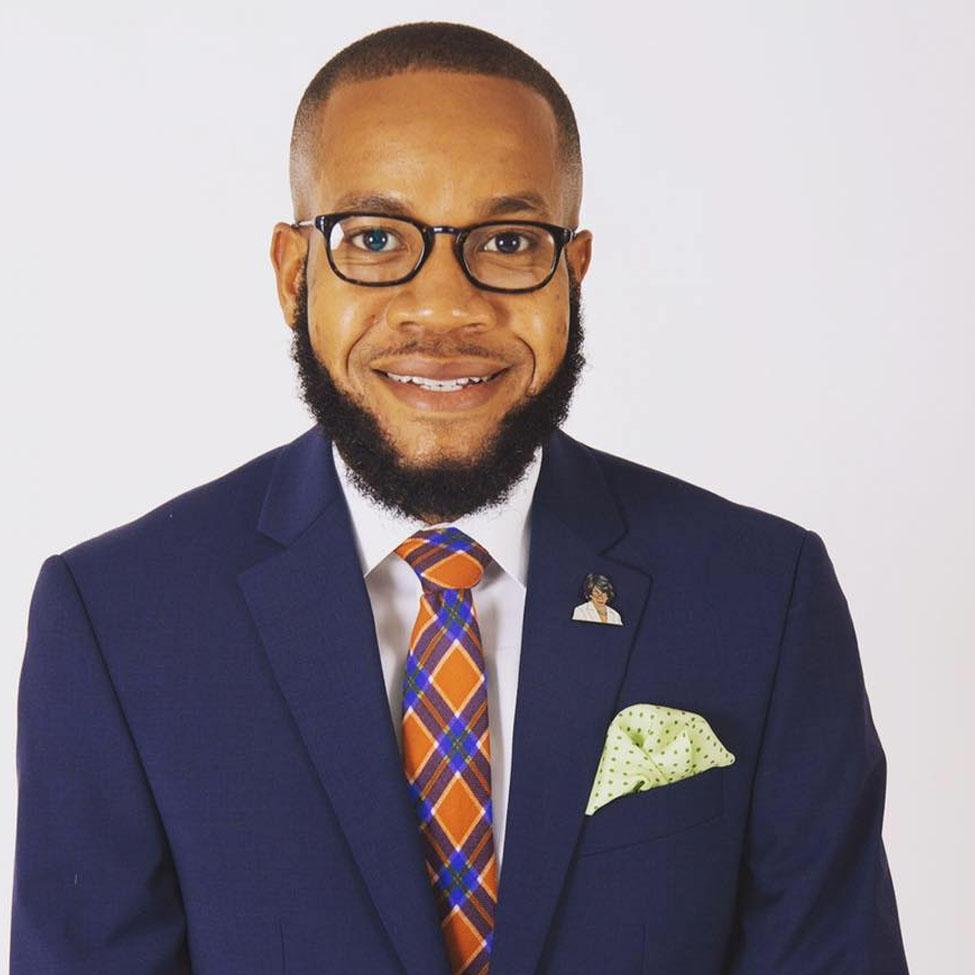
Assistant Professor of Communication Studies
Who in media and/or communications has been or is your inspiration?
Dr. Joan Morgan is my greatest inspiration as a Hip Hop feminist and communication culturist. She is an award-winning author and the “Mother of Hip Hop Feminism,” whose groundbreaking text, When Chickenheads Come Home to Roost: A Hip Hop Feminist Breaks It Down, birthed a generation of Hip Hop feminist scholars in and outside of the academy. Coined by Dr. Morgan, Hip Hop feminism is concerned with cultural and feminist inquiries that examine issues rooted in the aesthetics and politics of Hip Hop culture. As a result of Dr. Morgan’s scholarship, I gained a greater understanding of the complexities of the lived experience of Black women, and the gendered and racialized oppression they face as they try to survive and thrive in Hip Hop’s intersectional, yet misogynistic space. Furthermore, When Chickenheads Come Home to Roost prompted my creation of the COS 296B: Hip Hop Feminism and the Media course in the Department of Communication Studies.
Secret Suffolk police file reveals cover-up of unjustified cop shooting, arrest of innocent man
“It’s a cover-up of a cover-up,” said Bennett Gershman, the Pace University law professor, adding: "They don’t want the truth to come out, because if the truth comes out, it’s very embarrassing. And maybe even worse, it’s criminal.” ‘It’s a cover-up of a cover-up.’
Why Is Texting So Stressful?
Leora Trub, a professor of psychology at Pace University in New York, explains how this could also enable the projection of fears.
How the QAnon Crazies Went From Comet Pizza to the National Butterfly Center
Adam Klein is an associate professor of Communication Studies at Pace University, whose most recent book is Fanaticism, Racism and Rage Online. He told The Daily Beast that he listened to Bannon’s podcast the previous week recounting his version of the events at the butterfly center. The episode was titled, “Sex Slaves at the Border,” fueling the conspiracy theory swirling around the butterfly center.
In Case You Missed It: Hottest Firms And Stories On Law360
... one more reason why the justices might reconsider whether they should hear the case at all, says Katrina Kuh at Pace University Law School.
Remembering Jordan Robinson
It is with heavy hearts that we share the passing of Pace student Jordan Robinson, a sophomore on our Pleasantville Campus. Please read on for information about the upcoming vigil, open counseling sessions, funeral information, and resources available to the Pace Community.
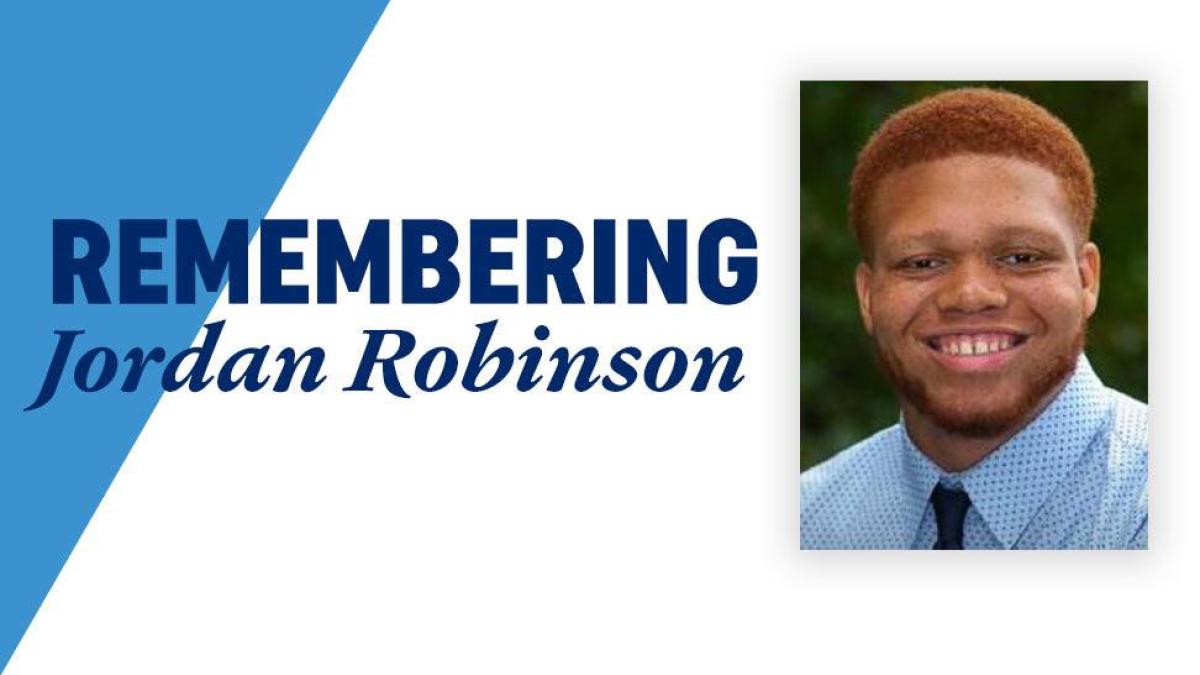
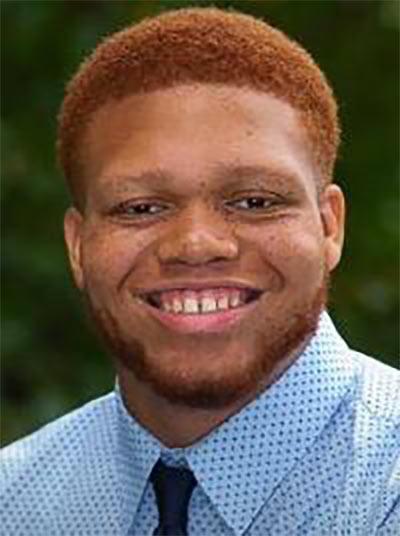
We are deeply saddened to share that Jordan Robinson, a sophomore on our Pleasantville Campus, passed away on February 13, 2022. Jordan was a proud brother of Alpha Phi Alpha Fraternity, Inc. and involved with many student organizations, including the Black Student Union and Students of Caribbean Awareness. He was a former member of our Setters football team. He was a beloved son and brother. He was an aspiring entrepreneur who owned his own design business. And he was a supportive friend and classmate and a valued member of our Pace family.
Many in our community have asked how we lost Jordan. The Mount Pleasant Police Department, who are in charge of investigating such matters, and who responded to our campus along with EMS, has advised that they are classifying what happened as a medical emergency, awaiting the medical examiner’s determination.
Jordan’s death is devastating and he will be deeply missed. Please join us in extending all our most heartfelt sympathies and condolences to Jordan’s family and friends during this extraordinarily difficult time.
Pace Community Vigil
Join the Pleasantville Student Government Association and the brothers of Alpha Phi Alpha Fraternity, Inc., for a vigil honoring the life and legacy of Jordan Robinson. This is a space for sharing memories of Jordan and the impact he had on the Pace Community. Join us in-person or virtually.
Wednesday, February 16, at 7:30 p.m.
Gottesman Room, Kessel Student Center
Pleasantville Campus
Processing Loss
The Counseling Center invites the Pace Community process this loss and discuss how grieving and coping affects the classroom on campus experiences. Additionally, this is an opportunity to grieve our own loss together. There will be a virtual and in-person option for attendees.
For Students:
Monday, February 14, at 7:00 p.m.
Butcher Suite, Kessel Student Center
Pleasantville Campus
Zoom Meeting ID: 947 6983 9418
Zoom Password: 015470
Wednesday, February 16, at 12:00 p.m.
Butcher Suite, Kessel Student Center
Pleasantville Campus
Zoom Meeting ID: 967 7899 6256
Zoom Password: 390913
For Faculty and Staff:
Friday, February 18, at 1:00 p.m.
Butcher Suite, Kessel Student Center
Pleasantville Campus
Zoom Meeting ID: 937 5740 0281
Zoom Password: 597958
Funeral Service Information
Pace University students, faculty, staff, and alumni are invited to attend services for Jordan.
Viewing and Omega Service
Monday, February 21
6:00 p.m.–8:00 p.m.
New Hope Baptist Church
12 Dr Aaron B. Samuels Blvd.
Danbury, CT 06810
Viewing and Funeral
Tuesday, February 22
Viewing: 10:00 a.m.–11:00 a.m.
Funeral: 11:00 a.m.–12:30 p.m.
New Hope Baptist Church
12 Dr Aaron B. Samuels Blvd.
Danbury, CT 06810
You can find the full letter to the community here. In the meantime, should you need support or just someone to talk to, the Pace University Counseling Center is available, as is the Dean for Students Office.